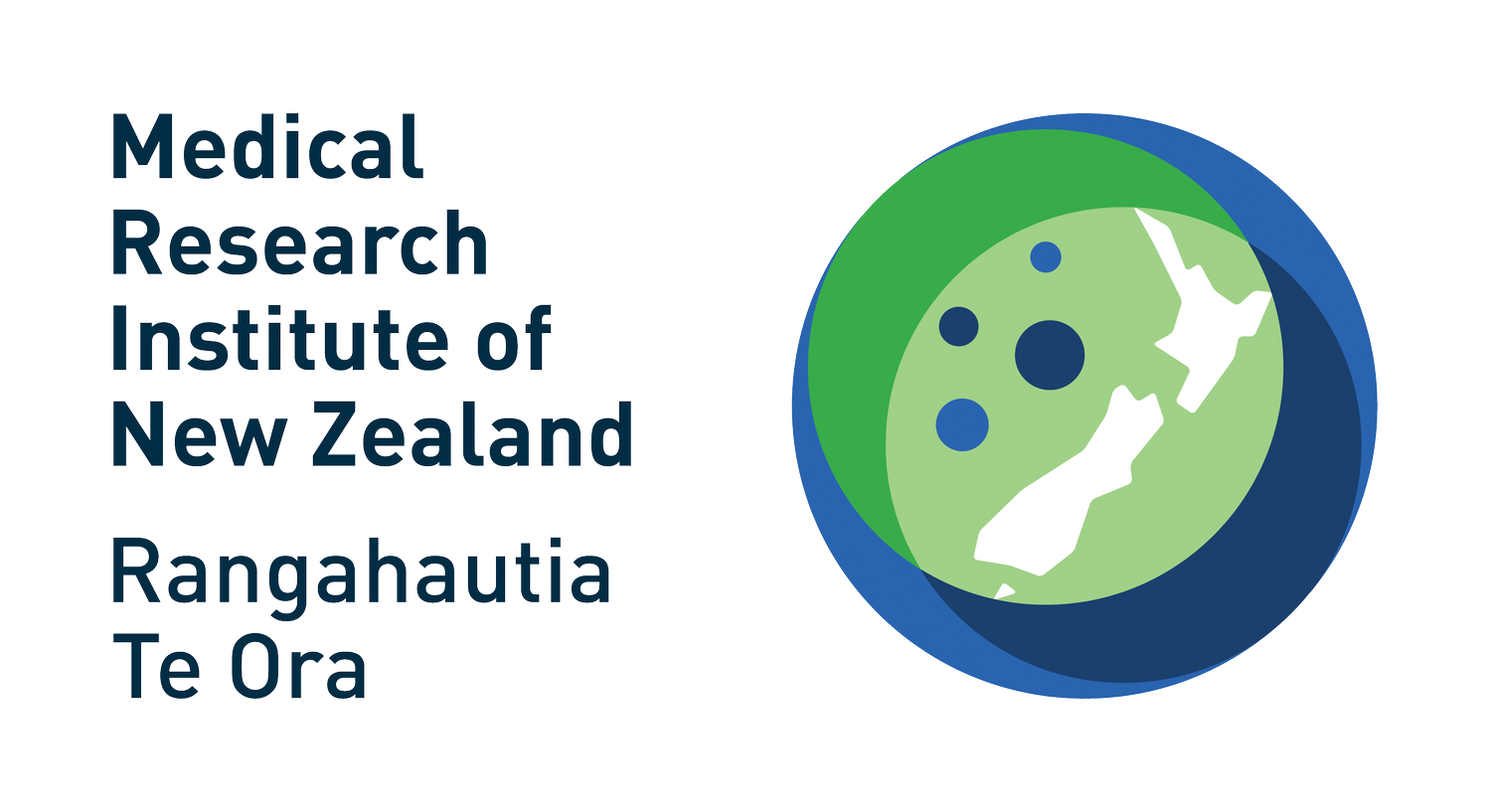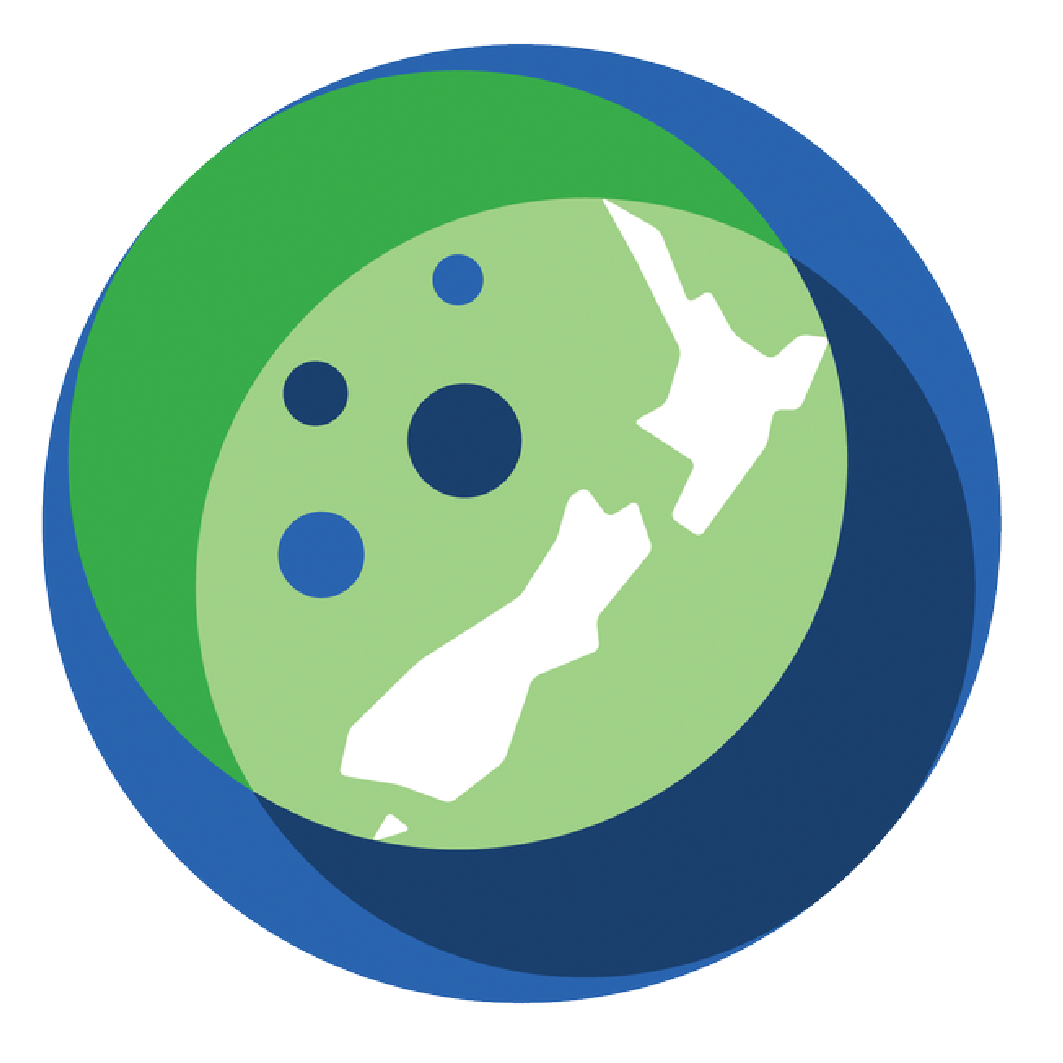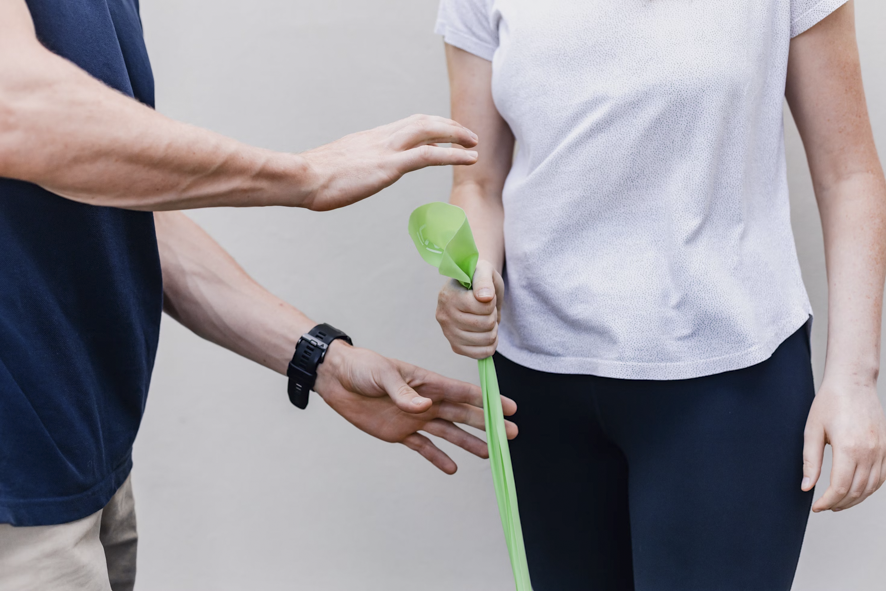
Take Charge
Rehabilitation
Resources
Improving Rehabilitation Outcomes
The MRINZ’s Stroke and Rehabilitation programme has demonstrated the effectiveness of patient-centered, self-motivated recovery methods, influencing best practices worldwide. This research aims to reduce the burden of stroke and improve recovery outcomes through innovations such as enhanced physical rehabilitation techniques, drug therapies, and new care models.
This research has not only advanced scientific understanding but also translated into practical interventions that enhance stroke survivors’ quality of life. The Stroke and Rehabilitation studies at MRINZ focus on integrating new technologies and personalised programs.
Over the past two decades, Dr McNaughton has notably developed the acclaimed ‘Take Charge’ intervention. This low-cost, self-rehabilitation program empowers stroke survivors to lead their recovery, emphasising self-motivation and autonomy. Clinical trials have shown significant improvements in participants’ health-related quality of life and independence, with the program proving especially beneficial for Māori and Pacific populations.
The effectiveness of ‘Take Charge’ has been demonstrated in several large clinical trials. The landmark Taking Charge After Stroke (TaCAS) study, a randomized controlled trial involving 400 participants across multiple sites in New Zealand, showed that patients in the ‘Take Charge’ program experienced significantly improved health-related quality of life and independence 12 months post-stroke compared to those receiving standard care. Additionally, the Māori and Pacific Stroke Study (MaPSS) highlighted significant benefits for Māori and Pacific populations, including enhanced quality of life and reduced caregiver stress.
The Take Charge
Programme
Did you know that prescribing one or two Take Charge sessions alongside usual rehabilitation is the most effective way to enhance rehabilitation outcomes for individuals with disabling conditions like stroke?
Take Charge is low-cost, free to use, and easy to implement on a wide scale. It has proven effective for wide-ranging populations and is cost-effective.
Training for Take Charge is simple and quick. Explore the resources available below. Delve into the research behind Take Charge, start with the WSO Webinar for a comprehensive explainer, and access the Workbook and Training Manual tailored to your needs (stroke, COPD, or generic) and available in six languages. You can self-train using our resources, utilise our virtual facilitator training slides, or contact Harry McNaughton to arrange virtual or face-to-face training, especially for groups or services. Training only takes three hours.
Spread the word by sharing this link, discussing Take Charge with others, and reading and sharing ‘Sam’s Gift’ (available as a free PDF or epub), which tells the story of Take Charge through the eyes of a stroke survivor.
Feel free to use the materials below as you wish. We appreciate your acknowledgement and if you amend or modify these versions please share with with us, so we can make them available for our community here.
Explore, learn, and share the benefits of Take Charge today.





